Sources of Second Language Speaking Anxiety: An Investigation into the Lecturers’ Perspective
‘Anxiety’ experienced in speaking
English as a second language has been a topic of much interest in the field of
language learning as it is debilitating and it creates an impact on the
achievement of the language learners in an adverse manner. This nervousness or
anxiety seems to be inducing when the students are asked to speak in the second
language in the class. Presumably, speaking has become a complete fallout in
acquiring the language. Thus, it was of paramount importance to embark in a
research on this circumstance with the aim of investigating the perspectives of
the lecturers in order to integrate students into an English speaking
environment with greater ease and to increase the students’ enjoyment when
learning and communicating in English. To accomplish the objectives of this
study, a total of 40 academics from the Faculty of Social Sciences &
Languages, Sabaragamuwa University of Sri Lanka were selected. The data
gathered were analyzed through a mixed approach which consisted of both
qualitative and quantitative data analyzing methods using descriptive
statistics such as frequencies and percentages. A total of 40 academics
participated in the study. The majority of the participants were females
(92.5%), aged between 31- 40 years (52.5%) with 3-5 years of working experience
(47.5%). The responses revealed some intriguing findings and three categories
of possible sources for second language speaking anxiety were explored as
psychological, methodological and social. It was distinct through the
lecturers’ perspectives, that psychological causes of speaking fears could stem
from the lack of self-confidence, low esteem, fear of failing the subject, fear
of negative evaluation, the need to be perfect & accurate and previous
negative experiences. It was also apparent that the instructional methods
employed in the classroom such as anxiety-ridden classrooms, monotonous
teaching style, competition within the classroom, boring topics and activities
evaluations and grades as well as social causes such as public embarrassment,
negative judgement from teachers and students, unhealthy relationship with
peers and isolation will contribute to second language speaking anxiety. Hence,
this study can be taken as a reference for the lecturers in determining the
possible sources of second language speaking anxiety. Thereby, to decide on the
effective strategies that can be employed in order to alleviate the speaking
anxiety of the students. The findings also pave the path for the lecturers to
realize their own reactions that can possibly enhance or lessen the speaking
anxiety of the students.
Keywords
English
,
Second Language
,
Lecturer perspective
,
Speaking anxiety



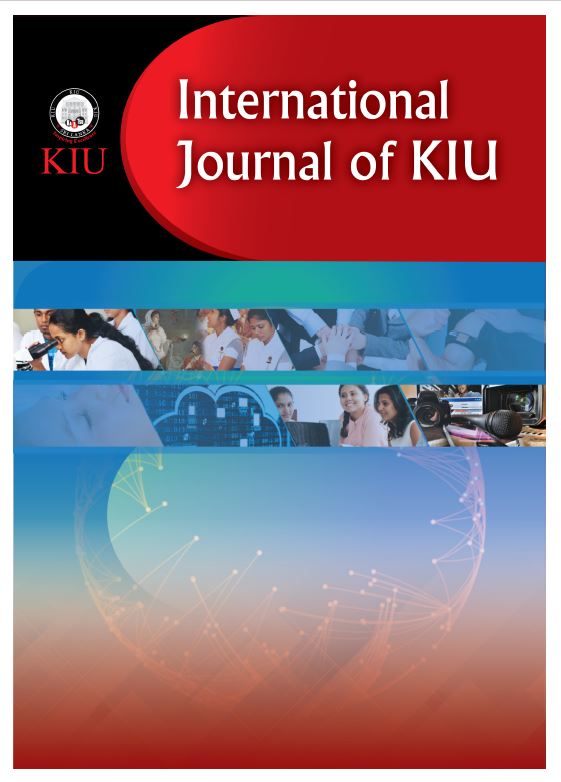
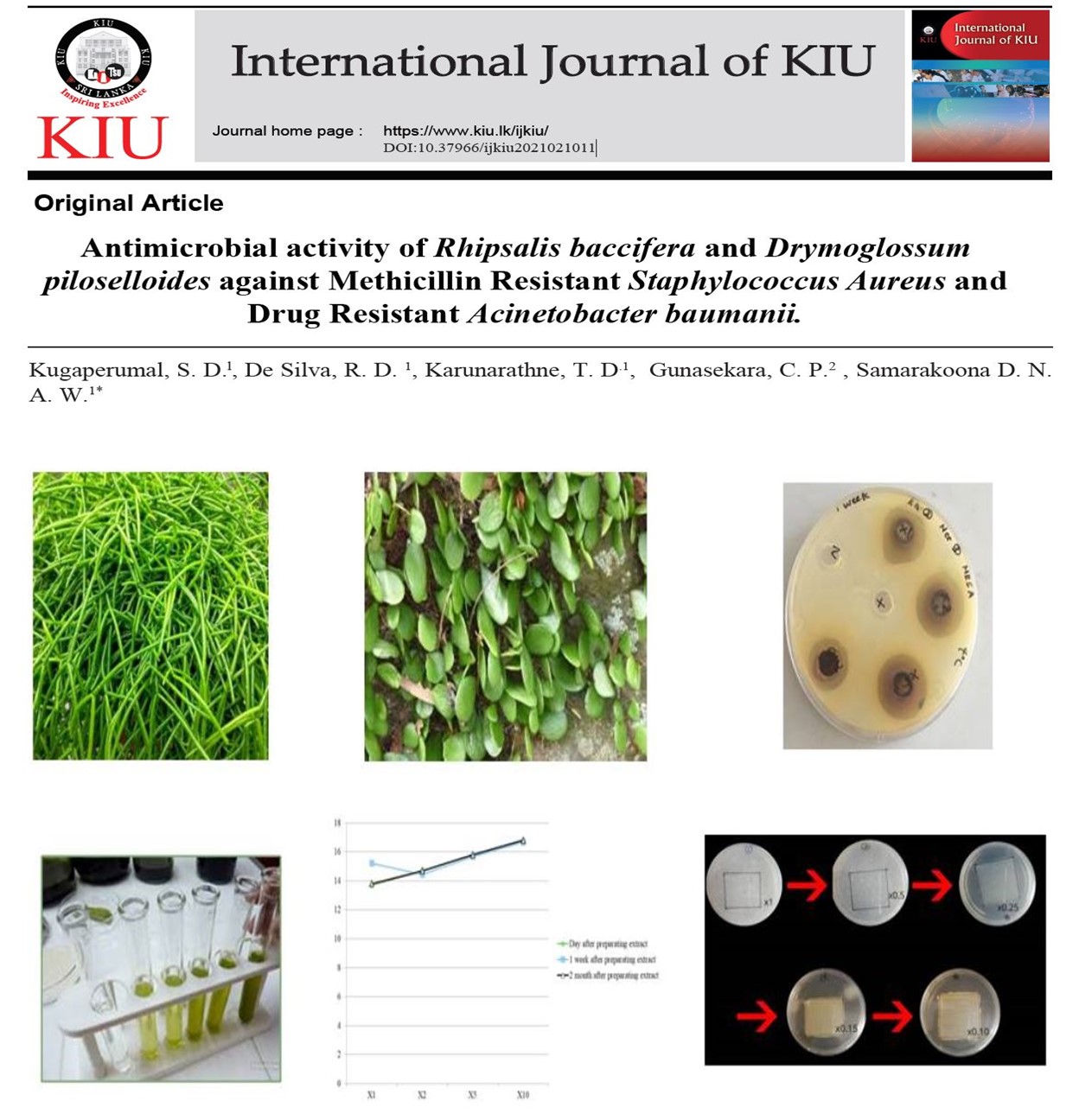
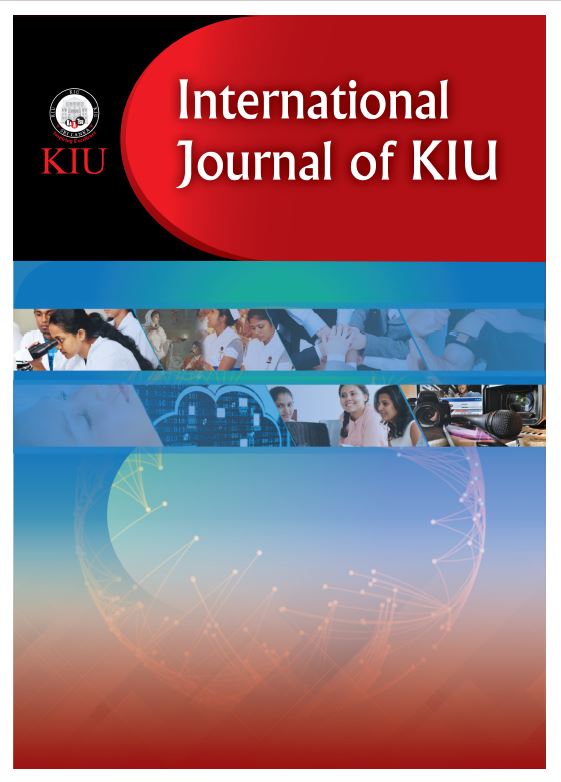

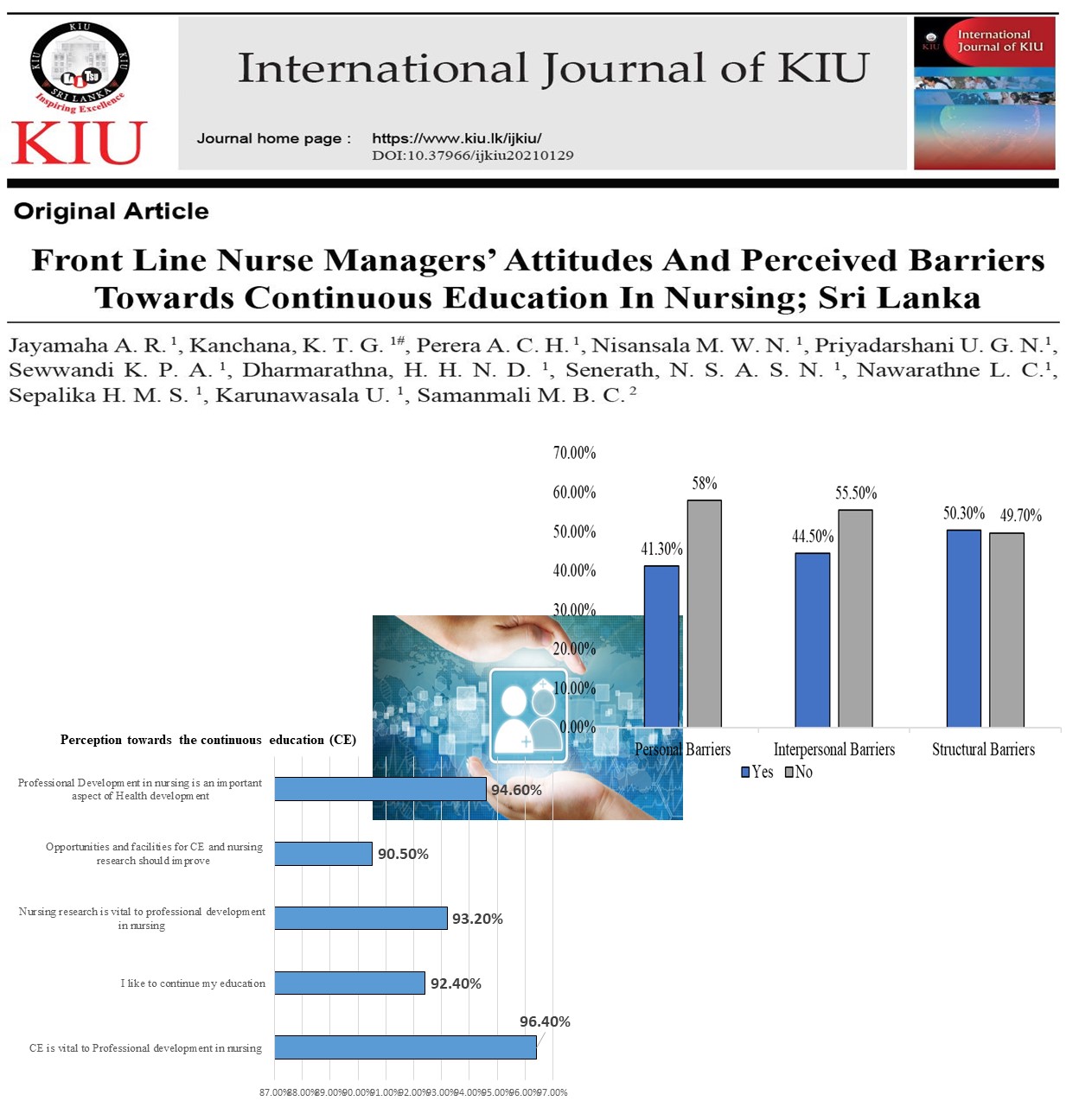
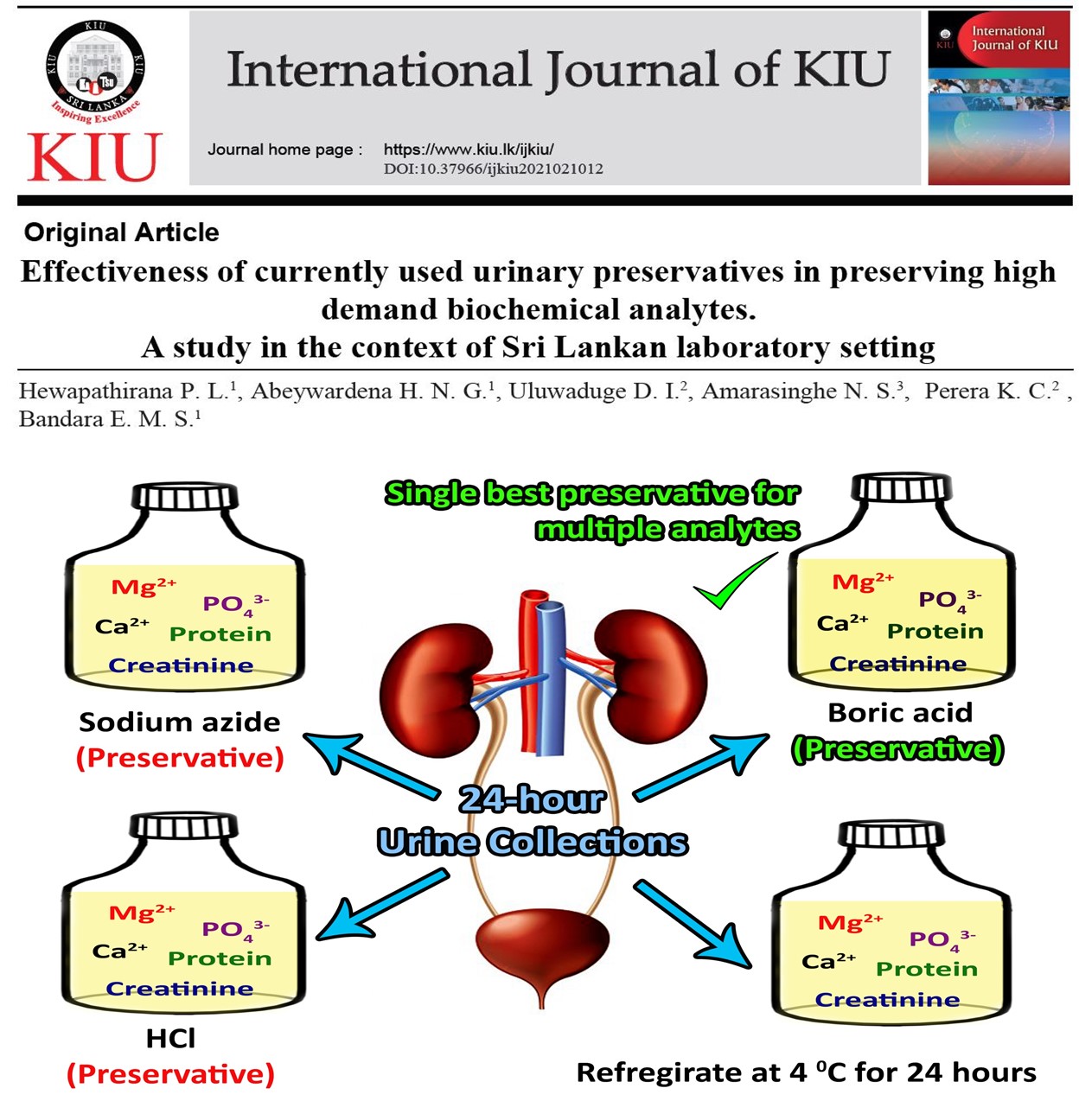
Related Articles